In this article we turn the spotlight on long-term GameDev.net member Flavien Brebion and talk to him about game development, in particular his stunningly beautiful MMO game Infinity - The Quest For Earth. You can follow Flavien's journal here on GameDev.net for more information about Infinity and other projects.

You've been a regular on GameDev.net for some time now, but for those who don't know you could you give us some background as to who you are and what you do?

How long have you been involved in game development and how did you get started?

What projects are you working on currently?

People reading your GameDev.net journal have been treated to some amazing pictures of your in-development game,
Infinity - The Quest for Earth; have you always been into graphics programming?

Your journal often speaks of advanced graphics techniques - how do you keep abreast of the latest developments in graphics technology?

You must burn through graphics cards like nobody's business - do you always work on the latest hardware?

How was
Infinity born? I recall you were working on a racing game at the time - then the first images of
Infinity began to appear - how did you get from racer to planet rendering?

When you started work on your original
Infinity code, did you deliberately plan to turn it into a game?

How long has Infinity been in development now?

How many people are currently working on it? Is it still a one-man effort or have you drafted in people to take on some of the burden?

How do you manage the work between team members?

An interesting feature in
Infinity is the procedural planet generation and rendering - can you describe how that idea came about and how you implemented it?

How important was it to you that the graphics of the planets look as realistic as they do?

The realism seems to go further and into the actual space itself - are you using real Newtonian physics to define the universe and the stars, planets, galaxies and other phenomena such as nebulae and so on?

You must have a pretty keen interest in astronomy - how long do you spend researching the theory behind the space features you're implementing?

Space. It's big. It's REALLY big. It must be daunting to code in such huge scales - how do you go about such a thing? Do you use any special data structures or measurement units to help?
 Infinity
Infinity is going to be an MMO - at what point did you decide you wanted to add in the Massively Multiplayer element to the game?

Do you plan on running the MMO in a single universe instance like Eve, or are you looking to split the load across multiple server instances with player caps?

What challenges have you faced so far in working on the massively multiplayer element of the game?

Did you write the network and client/server code yourself?

What motivated you to release an early tech preview in the form of the
Infinity Combat Prototype? What was the purpose of this and have you gleaned all you needed from it, or should we expect to see more updates?

Are you using any third party middleware technologies in the development of
Infinity?

Would you look to licensing your technology to other studios at some point?

Moving on the game design for a game such as
Infinity, how did you go about creating a story for what is essentially a huge area of play?

Is there a single story covering everything, or are you relying on many smaller story threads interweaving?

Will there be any factions people can join or play as?

The scale of the game must pose some interesting challenges - how do you go about making it fun for players?

What will players eventually be able to do in the game?

It could be possible for players to fly around forever and not bump into another soul - do you have any plans to help bring people together and make them hang around together?

On the flipside, what incentives will you be providing for people to explore your rich universe and all its wonders?

Do you think that the social side of the game will be important to people? What ways are you providing people to interact with each other?

How will you go about implementing the travel between stars and planets in the MMO environment? Games such as Elite allowed you to physically speed up time in the game - this obviously won't be possible in an MMO when everyone is on the same timeline...

You have a large and active community, how key are they to the direction that
Infinity has taken and will continue to take in the future?

How are you going about financing the development of
Infinity? Do you have any external investment?

How are you going about marketing the game so far? It's already got a buzz behind it after being featured in publications such as PC Gamer and so on - was this intentional or has it just 'happened'?

Do you have any indications of how you'll monetise the game after release? (Subscriptions, free-to-play, etc?)

Are you interested in any of the latest ideas emerging from the digital space, such as microtransactions and other clever ways to monetise a game?

Any news on when we can start expecting alpha/beta tests? And a final release?

You've been involved with Infinity for a long time now - what ways do you use to unwind and relax from what looks like a hugely intense project?

Finally, do you have any tips you'd like to offer people wanting to make their own games based on all your experiences so far?


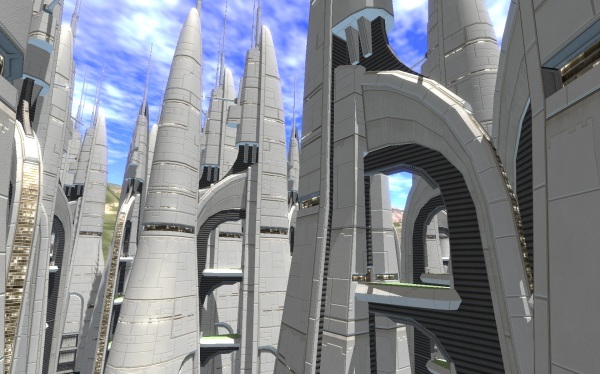
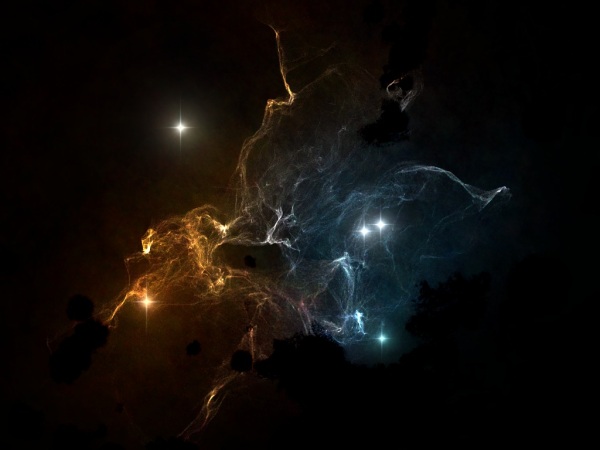
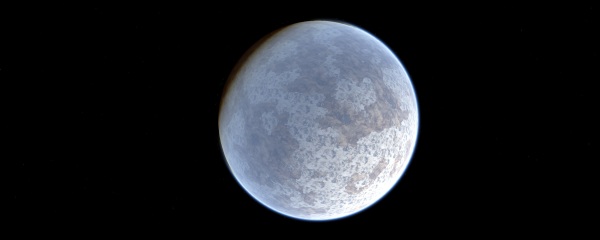
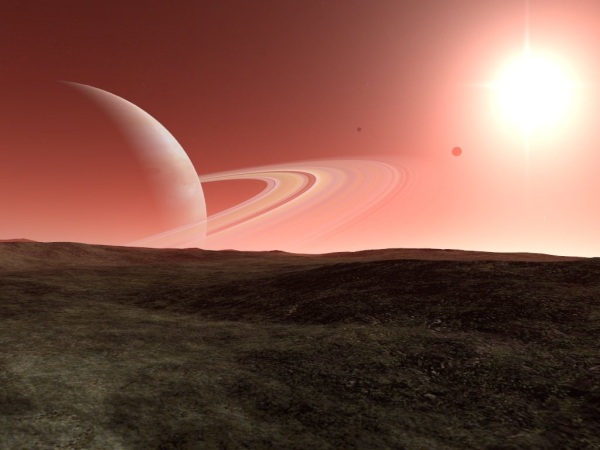
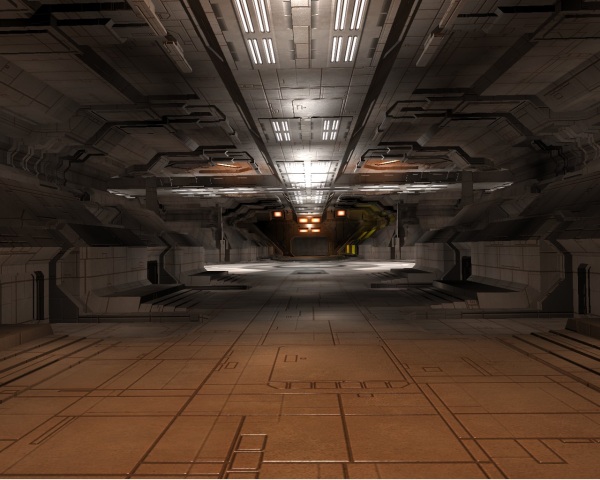

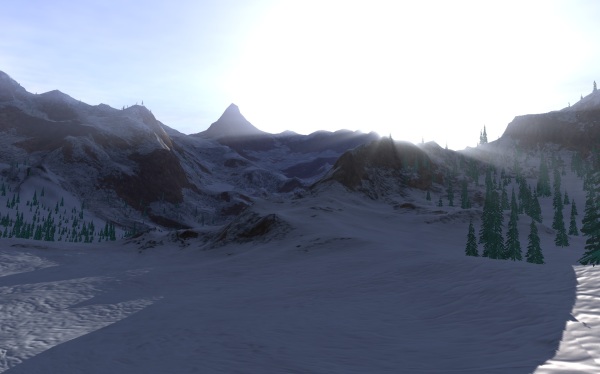





Great work, I'm truly amazed! If you still want to learn French, then you can use the service rosettastone.com. However, there was too little information about grammar for me there and I had to use the services of tutors at https://preply.com/en/online/french-tutors. I think it might be useful for you.